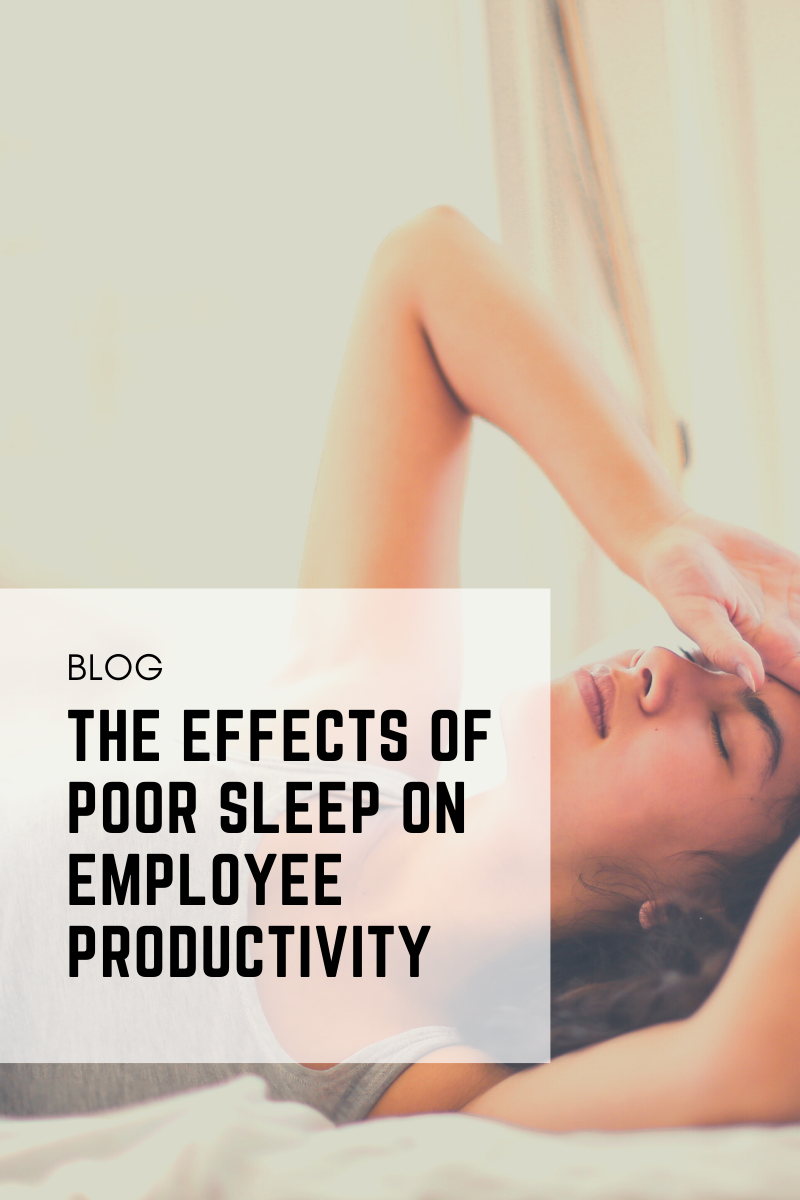Introduction to Poor Sleep and Its Prevalence
Welcome to our deep dive into the world of sleep and its impact on our lives. You might be reading this after a night of tossing and turning, wondering how it’s going to affect your day. Well, you’re in the right place to find out!
Poor sleep isn’t just about feeling groggy; it reaches into every aspect of our health and daily functioning. Let’s unravel this mystery together.
Did you know that a significant portion of the global population doesn’t get enough Z’s at night? Poor sleep, characterized by difficulty falling asleep, staying asleep, or non-restorative sleep, is a growing concern in our fast-paced world. It’s not just about the quantity but also the quality of sleep that counts.
What Constitutes Poor Sleep?
Poor sleep can look different for everyone. For some, it’s lying awake for hours, while for others, it’s waking up frequently throughout the night. There’s also the issue of waking up feeling like you haven’t slept at all. If you’re experiencing these symptoms regularly, you’re likely not getting the quality sleep your body needs.
Global Statistics on Sleep Quality
Studies have shown that a surprising number of people worldwide report poor sleep quality. Factors like stress, lifestyle, and even the blue light from our screens are contributing to this global issue. It’s a problem that crosses borders and affects millions.
Physical Health Impacts of Poor Sleep
When we don’t sleep well, our bodies suffer. Poor sleep is linked to a host of physical health issues that can have both short-term and long-term effects. Let’s explore some of these.
Cardiovascular Health
Did you know that your heart health is directly linked to how well you sleep? Poor sleep patterns have been associated with higher risks of heart disease, hypertension, and stroke. It’s not just about the heart, though; poor sleep affects your entire cardiovascular system.
Weight Gain and Metabolism
Struggling to keep the pounds off? Your sleep might be playing a role. Poor sleep affects the hormones that control appetite, leading to increased hunger and, ultimately, weight gain. It’s not just about willpower; it’s about the science of sleep and metabolism!
Immune System Functioning
Ever noticed you catch colds more easily when you’re sleep-deprived? That’s because sleep is crucial for a robust immune system. Skimping on sleep can leave you vulnerable to infections and even affect the speed of your recovery when you do fall ill.
Psychological and Emotional Consequences
The impact of poor sleep isn’t limited to physical health; it profoundly affects our mental and emotional well-being too. Let’s delve into how our minds and emotions are influenced by our sleep patterns.
Mental Health: Anxiety and Depression
There’s a strong link between sleep quality and mental health. Chronic poor sleep can increase the risk of mental health issues like anxiety and depression. It’s a two-way street, with mental health affecting sleep and vice versa.
Cognitive Abilities and Memory
Ever felt foggy after a bad night’s sleep? Poor sleep impairs cognitive functions like attention, concentration, and memory. It’s not just about feeling off; it’s about your brain not getting what it needs to function at its best.
Impact on Productivity and Performance
How well you sleep can make or break your day in terms of productivity. Whether it’s at work or in school, let’s see how sleep affects performance.
Workplace Productivity
Lack of sleep can lead
to decreased concentration, slower reaction times, and increased mistakes at work. It’s not just about feeling sleepy at your desk; it’s about the quality of your work and your overall job performance.
Academic Performance in Students
For students, the effects of poor sleep can be seen in grades and overall academic performance. Sleep is crucial for learning and memory consolidation, so without enough quality sleep, students are at a disadvantage.
Strategies to Improve Sleep Quality
So, what can you do about poor sleep? Luckily, there are strategies to improve your sleep quality and take control of your nights.
Establishing a Sleep Routine
Consistency is key! Setting a regular sleep schedule and sticking to it can significantly improve sleep quality. It’s about training your body to know when it’s time to wind down and rest.
Diet and Exercise
What you eat and how much you move can have a huge impact on your sleep. A balanced diet and regular exercise can promote better sleep, helping you to fall asleep faster and stay asleep longer.
Technology and Sleep Environment
The environment you sleep in and your pre-bedtime activities play a big role in how well you sleep. Reducing screen time before bed and creating a comfortable, quiet sleep environment can work wonders.
Conclusion: Taking Control of Your Sleep
Remember, taking control of your sleep is taking control of your health and well-being. Don’t underestimate the power of a good night’s sleep! By understanding the impacts of poor sleep and adopting strategies to improve it, you’re on your way to better nights and brighter days.
FAQs
- What are the most common causes of poor sleep?
- Stress, lifestyle habits, diet, lack of exercise, and exposure to technology before bedtime are among the common causes.
- Can poor sleep affect my long-term health?
- Yes, chronic poor sleep can lead to long-term health issues like heart disease, obesity, and mental health disorders.
- How much sleep do I really need?
- Most adults need 7-9 hours of sleep per night, but this can vary slightly from person to person.
- Are naps a good way to catch up on lost sleep?
- While short naps can help refresh you, they shouldn’t be relied upon as a way to compensate for prolonged poor sleep quality at night.
- Can changing my diet really improve my sleep?
- Yes, a balanced diet can positively influence your sleep quality. Foods high in magnesium and melatonin, for instance, can promote relaxation and better sleep.

Welcome to Snoozerville! I’m Dr. Alex Hartley, your guide to the world of restful sleep. With a Ph.D. in Sleep Science and years of experience as a sleep therapist, I’ve dedicated my life to understanding and improving sleep quality. My passion lies in uncovering the mysteries of sleep and sharing practical, science-backed advice to help you achieve the best rest possible. Beyond my academic pursuits, I’m an advocate for mindfulness and relaxation techniques, which I incorporate into my daily routine. At Snoozerville, I aim to transform your nights, combining the latest research with easy-to-implement tips. Whether you’re a chronic insomniac or just looking to improve your sleep hygiene, join me on this journey towards peaceful, rejuvenating sleep.

